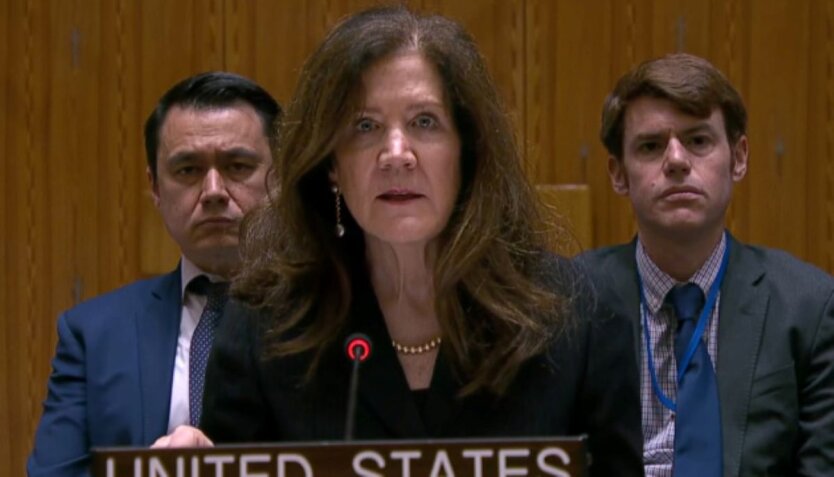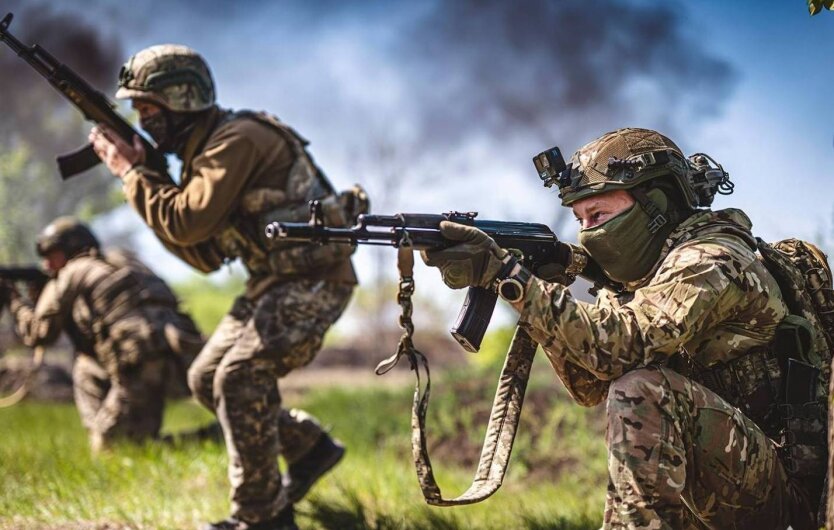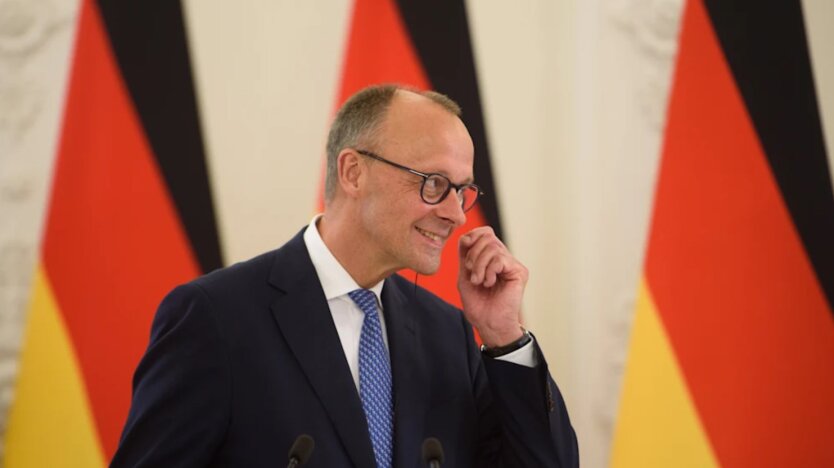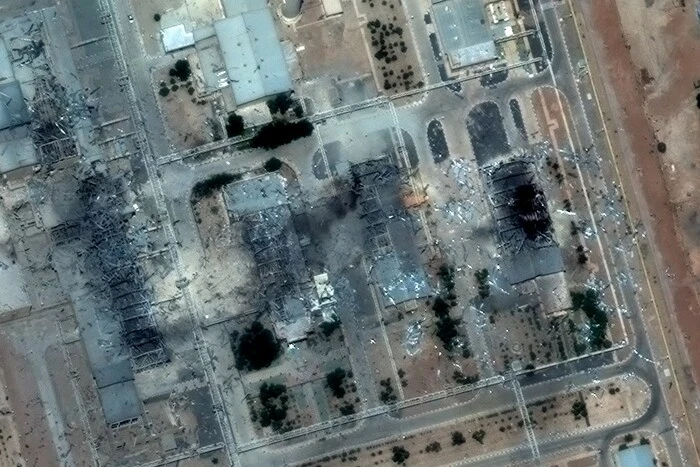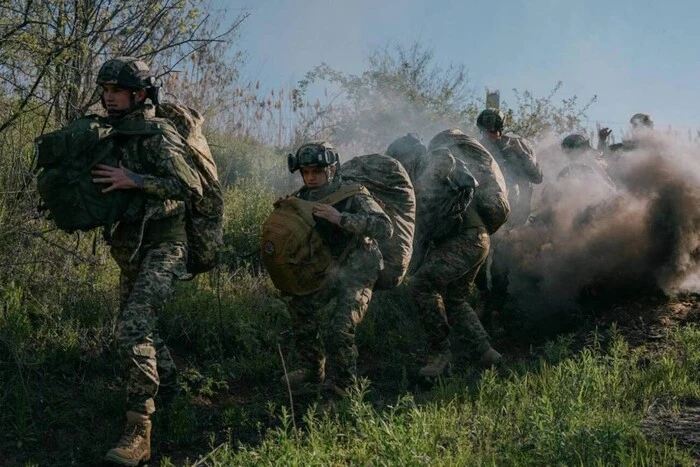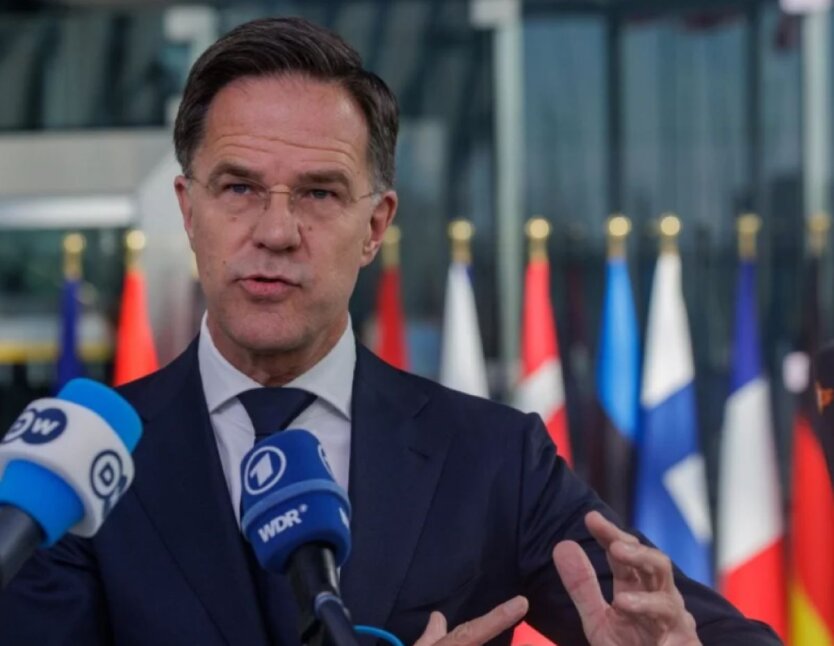In Germany, they talked about the significance of the Kursk operation for Ukraine and Putin.

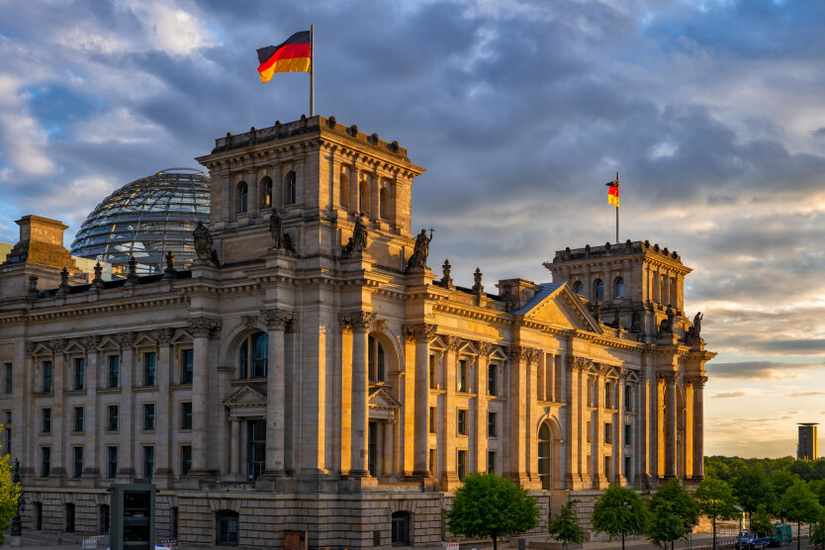
The Ukrainian offensive against Russian invaders continues
Chairman of the Bundestag Defense Committee Markus Faber gave a positive assessment of the achievements of Ukrainian troops in the Kursk region. He noted that this offensive is going better than expected.
Faber also noted that the successes of the Armed Forces of Ukraine demonstrate the inability of the Russian leader to control the situation. This contributes to future peace negotiations with Vladimir Putin's successor and may lead to the dictator being brought to justice before the International Criminal Court.
The German politician also noted that the movement of Ukrainian forces forces the aggressor to withdraw troops from the eastern front. This eases the pressure on Ukrainian defenders in this region. Faber believes that this creates an opportunity to discuss providing assistance to Ukraine, particularly regarding Leopard 2 tanks.
"Our military assistance to Ukraine is the best investment in our security. It reduces the potential of the Russian threat and protects the civilian population of Ukraine from forced displacement," Faber emphasized.
It should be noted that Markus Faber, a spokesman for the Free Democratic Party, recently became the head of the Bundestag Defense Committee. He gained popularity in Ukraine due to his support for the use of German weapons in the Kursk region and calls for the transfer of long-range Taurus missiles to Ukraine.
Read also
- Children continue to be killed and deported: USA condemns Russia's actions at the UN
- The Armed Forces of Ukraine anticipate a change in Russian tactics in the Lyman direction
- EU to impose 18th sanctions package against Russia: Merz calls on the US to join
- The media published a report on Iran's surviving nuclear arsenal. The Pentagon will hold a press conference
- Front line as of June 25. General Staff report
- NATO has committed to spending 5% of GDP on defense and recognizes Russia as a long-term threat: what it means for Ukraine

